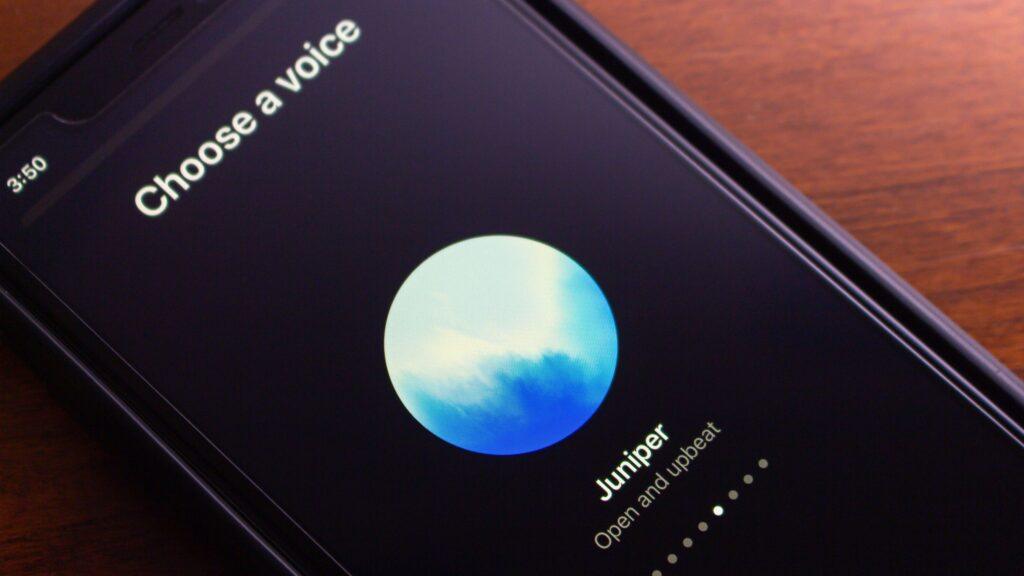- AI-Generated voices now mimic people so convincingly that detection is almost impossible
- Creating a convincing voice clone now takes minutes and minimal expertise
- Some synthetic voices were actually rated more reliable than real human recordings
For years, many people assumed that AI-generated speech could always be identified by its slightly “false” qualities.
New research from Queen Mary University of London challenges this assumption, which shows the current AI voice technology has reached a level where “voice clones” and deepfakes can hardly be distinguished from real recordings.
In the study, participants compared human voices with two forms of synthetic sound: cloned voices designed to mimic real speakers and voices generated from an LLM system without specific colleagues.
In addition to realism and to dominance
Listeners often struggled to distinguish between the two, suggesting that technology has entered a phase where human -like realism is no longer an ambition but a reality.
The research team not only investigated whether the participants could distinguish between synthetic and real voices, but also how they perceived them.
Surprisingly, both types of AI-generated voices were evaluated as more dominant than human, and in some cases they were judged more reliable.
Dr. Nadine Lavan, senior lecturer in psychology at Queen Mary University of London, emphasized how easily and cheaply her team created these voice clones.
“AI-generated voices are all around us now, it was only a matter of time until AI technology began to produce naturalistic, human-sounding speech, the process required minimal expertise, only a few minutes of voice recordings and almost no money,” she said.
She said the ease of use shows how far the technology has emerged in a short time.
Such accessibility creates opportunities in areas such as education, communication and accessibility, where tailor -made synthetic voices can improve commitment and reach out to.
Like AI authors raise questions about originality, copyright and abuse, AI Voice Generation asks debates on ownership of identity and consent.
If realistic sound can be created from only a short sample, the risk of unauthorized cloning becomes difficult to ignore.
As AI tools continue to expand in capacity and accessibility, the challenge will ensure that benefits are realized without opening new opportunities for deception.
Understanding how people react to these voices is only the first step in tackling the ethical, legal and social implications of a technology that is no longer futuristic but firmly present.



